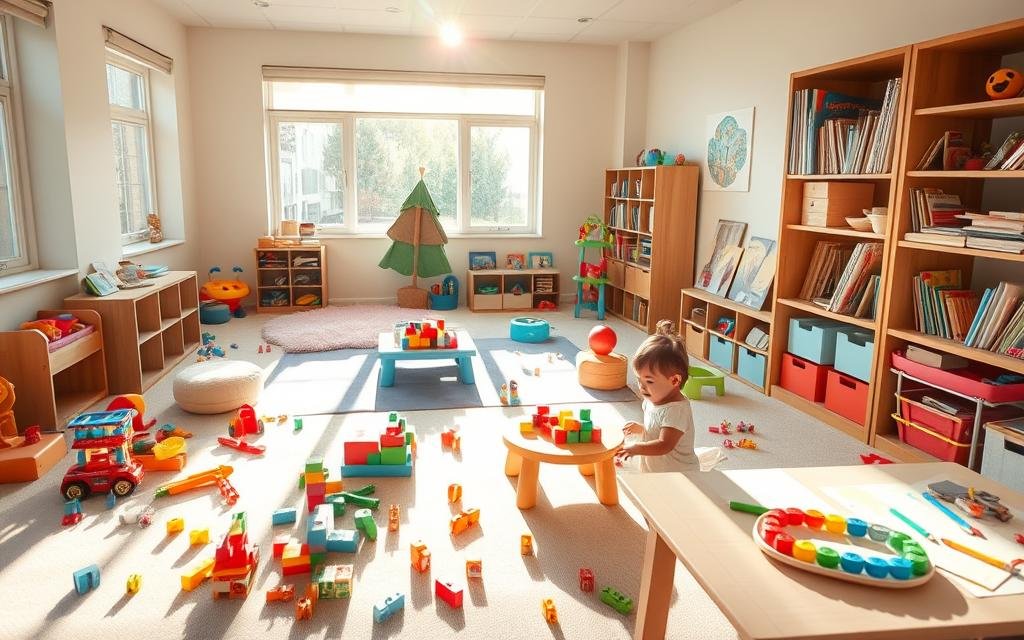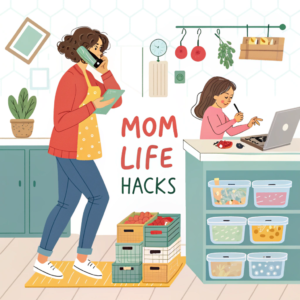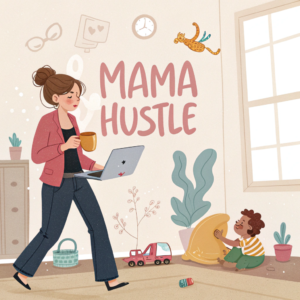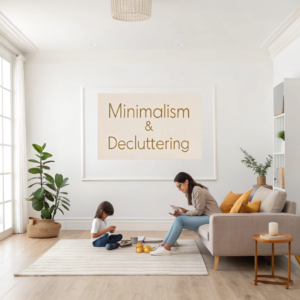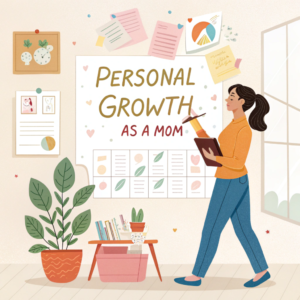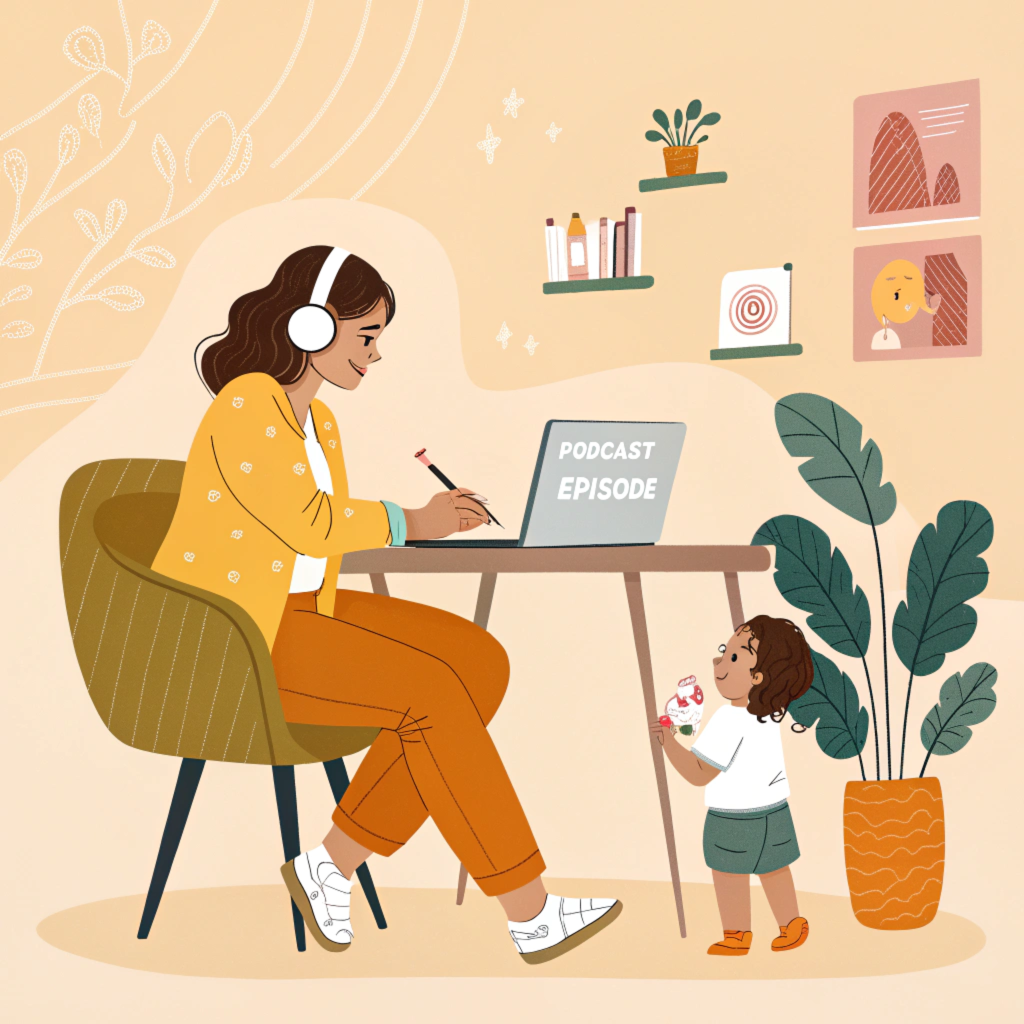As a parent, you want the best for your child. Encouraging them to play alone is a great start. It helps them grow in many ways, like thinking, feeling, and getting along with others. It’s important to start early1.
By making a safe and fun space, your child will feel braver and more able to do things on their own. This is key for them to grow up independent2.
Playing alone helps kids be creative, make choices, and solve problems. It’s good to let them follow their interests. This makes them more interested in playing2.
It’s also good to have a playtime routine. Toddlers like to find things out by themselves. This helps them learn and grow without needing help all the time1.
By supporting independent play, you help your child get ready for life. It’s important for their growth and independence1.
Key Takeaways
- Encouraging independent play is essential for toddler independence and development.
- Providing a safe and stimulating environment can help encourage independent play1.
- Engaging children in their specific interests can increase their engagement levels2.
- Establishing a routine that includes play is important for toddler development1.
- Independent play can help children develop cognitively, socially, and emotionally2.
- Encouraging independent play can help children become more confident and self-reliant1.
Understanding the Importance of Independent Play
As a parent, you are very important in your child’s growth. Encouraging them to be independent is key for their mind, social, and emotional growth. It helps them be creative, self-reliant, and solve problems3. This kind of play lets kids learn and explore at their own speed, which is vital for their growth4.
Studies show that kids who play alone are more creative. They don’t have to follow strict rules or watch adults all the time5. This play also helps them be more independent with friends, which is good for learning social skills5. Plus, it can make kids feel calm and relaxed, just like how adults do when they have time to themselves5.
Some good things about independent play are:
Creating the Perfect Environment for Independent Play
Here are some tips for a great play area:
- Make it safe and fun
- Use open-ended toys and materials
- Include spots for physical activity
- Encourage playing with friends
By following these tips, you can help your child play on their own. This supports their learning, social skills, and feelings6.

Essential Tools and Toys That Encourage Independent Play
A good play area with the right toys helps kids play alone. Toys like blocks, puzzles, and crayons are great. They help with problem-solving and creativity, which are important for growing up.
Introducing art supplies like pencils and paper at four and up boosts creativity. This makes kids more engaged and creative9.
Here are some benefits of using these tools and toys:
- Develops problem-solving skills and hand-eye coordination
- Enhances creativity and imagination
- Supports social-emotional development and toddler independence
- Fosters engagement and motivation in parenting toddler behavior
| Tool/Toy | Benefit |
|---|---|
| Building Blocks | Develops problem-solving skills and hand-eye coordination |
| Puzzles | Facilitates a 40% increase in problem-solving abilities and hand-eye coordination |
| Art Supplies | Enhances creativity and imagination |
Setting Realistic Expectations for Toddler Independence
When you start encouraging your toddler to play alone, it’s key to know what to expect. Toddlers are between 1 to 3 years old, a time of big growth11. It’s important to remember that learning to be independent takes time, patience, and positive words.
Start with small tasks and make them a bit harder as your child gets better. This helps them feel more confident.
Here are some ways to help your child play alone:
- Make a play area with few distractions
- Give them simple play stations with not too many choices
- Help them learn to solve problems on their own
By being realistic and supportive, you help your toddler grow into a confident, independent person. Always be patient and give lots of praise as they learn to be more independent.

Establishing a Daily Routine for Independent Play
As a parent, you help shape your child’s parenting toddler behavior. You encourage them to play on their own. A daily routine with playtime is key for independence and self-control14. This can be morning play, quiet time in the afternoon, and activities before bed.

To succeed in independent play, keep distractions away and let your child lead. Use visual timers to help them understand time and make transitions easier14. A daily play routine helps your child grow in self-reliance, problem-solving, and creativity. It also boosts their confidence and independence.
Common Challenges When Encouraging Independent Play
When you try to help your toddler be more independent, you might face some big challenges. One big one is when they get really upset when you leave. This can happen a lot when they are about 6.5 months old17. Another problem is when they can’t focus for long. This makes it hard for them to play by themselves for a while.
Studies show that kids learn more from playing alone than from watching screens18. To help your child focus better, start with small goals like playing alone for just one minute. Then, you can slowly increase the time as they get better at it18. Also, making a special “Yes Space” for them to explore can help them play without being bothered too much17.
Some ways to beat these challenges include:
- Creating a safe and fun place for them to play
- Setting clear rules and what’s expected
- Doing things that help them feel more independent, like letting them lead the play
By knowing and tackling these issues, you can help your child become more independent. This is key for their growth and for you as a parent.

Kids who feel safe and loved tend to play alone more. They can focus better and play without needing help for longer18. By using these tips and making a supportive space, you can help your child overcome these hurdles. This will give them a strong start in being independent and in your parenting journey.
The Role of Parents in Supporting Solo Play
As a parent, you are key in encouraging independent play and shaping your child’s parenting toddler behavior. You can make a safe and fun space for your child to grow. This helps them learn to be self-reliant and creative19. Studies show kids who play alone are more self-reliant and creative. They also do better in school, where parents can’t be there19.
Here are some ways to support solo play:

Every child learns at their own pace. It’s important to be patient and supportive as they learn to play alone20. By creating a caring space and encouraging solo play, you help your child become confident, self-reliant, and creative.
Building Independence Through Everyday Activities
Here are some tips to promote toddler independence through everyday activities:

Conclusion: Nurturing Your Toddler's Journey to Independence
Starting to help your toddler play on their own is a slow step. It needs patience and understanding. Make a safe, fun space and give them the right toys. This helps them explore and learn24.
FAQ
What are the benefits of independent play for toddlers?
Independent play is great for toddlers. It boosts their thinking skills and helps them feel more confident. It also helps them solve problems, be creative, and understand others better.
How can I create a play-friendly environment that promotes independent play?
Make a safe and fun space for play. Use toys that spark creativity and imagination. Adults should help but also let kids play on their own.
What are some essential tools and toys that encourage independent play?
Pick toys that are right for their age. Toys that let them think and feel should be chosen. This helps them be creative and solve problems.
How do I set realistic expectations for toddler independence?
Learning to be independent takes time. Be patient and always positive. Help them learn by setting rules and praising their efforts.
What should a daily routine for independent play look like?
Have a daily plan for playtime. This could be in the morning or afternoon. It helps them feel secure and learn to play alone.
What are some common challenges when encouraging independent play, and how can I overcome them?
Kids might feel scared or need too much attention. Make a safe space and set clear rules. This helps them feel more comfortable playing alone.
How can parents support their toddler’s solo play?
Parents are key in supporting solo play. Create a safe space and set rules. Also, play with them in ways that show independence.
How can I build independence through everyday activities?
Give kids chances to do things on their own. Like helping with meals or dressing. This builds their confidence and independence.

